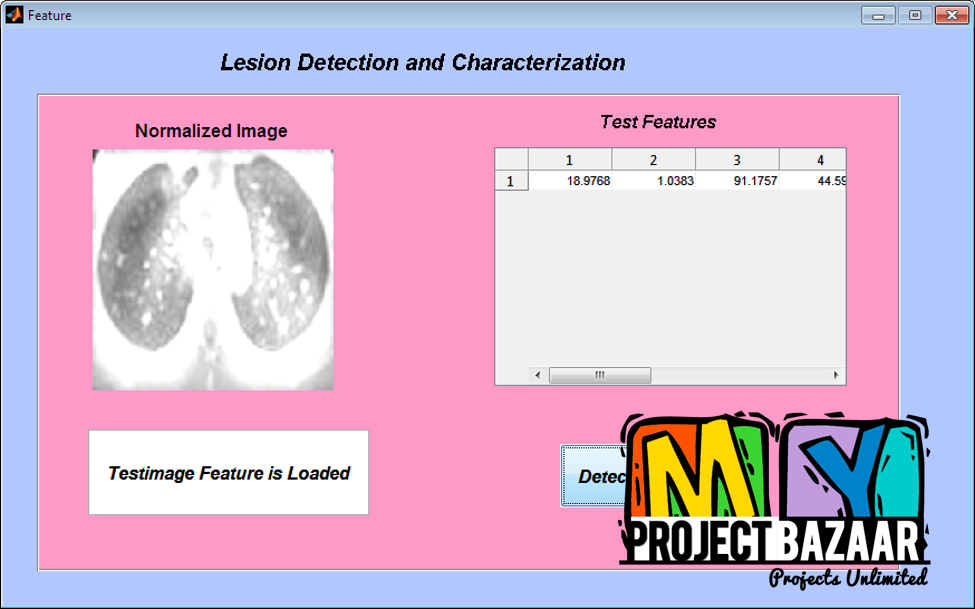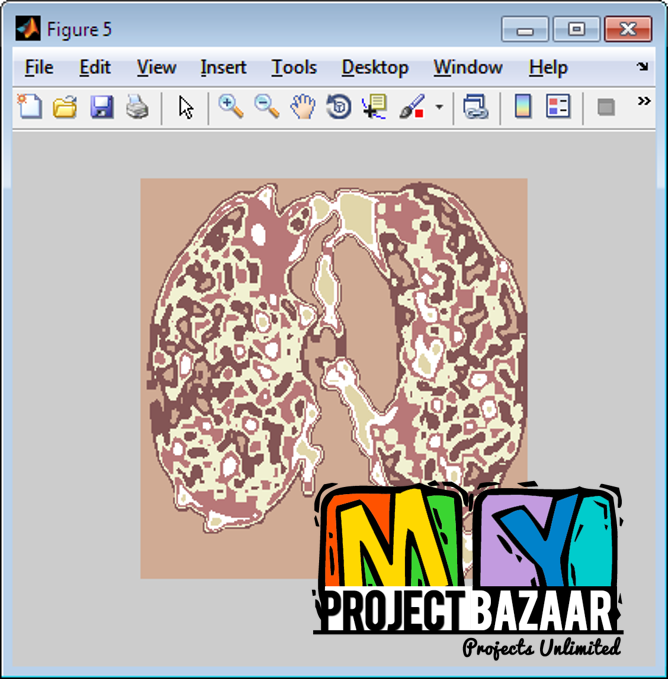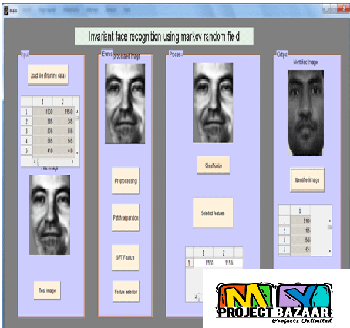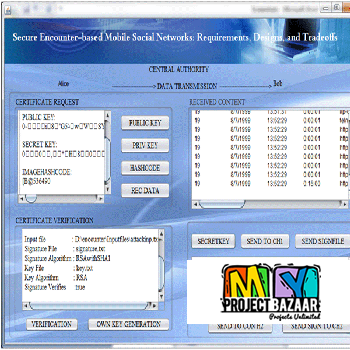
Lesion Detection and Characterization With Context Driven Approximation in Thoracic FDG PET-CT Images of NSCLC Studies
Product Description
Abstract—Lesion Detection and Characterization With Context Driven Approximation in Thoracic FDG PET-CT Images of NSCLC Studies. We present a lesion detection and characterization method for 18F-fluorodeoxyglucose positron emission < Final Year Projects > tomography-computed tomography (FDG PET-CT) images of the thorax in the evaluation of patients with primary nonsmall cell lung cancer (NSCLC) with regional nodal disease. Lesion detection can be difficult due to low contrast between lesions and normal anatomical structures. Lesion characterization is also challenging due to similar spatial characteristics between the lung tumors and abnormal lymph nodes. To tackle these problems, we propose a context driven approximation (CDA) method. There are two main components of our method. First, a sparse representation technique with region-level contexts was designed for lesion detection. To discriminate low-contrast data with sparse representation, we propose a reference consistency constraint and a spatial consistent constraint. Second, a multi-atlas technique with image-level contexts was designed to represent the spatial characteristics for lesion characterization. To accommodate inter-subject variation in a multi-atlas model, we propose an appearance constraint and a similarity constraint. The CDA method is effective with a simple feature set, and does not require parametric modeling of feature space separation. The experiments on a clinical FDG PET-CT dataset show promising performance improvement over the state-of-the-art.
Including Packages
Our Specialization
Support Service
Statistical Report

satisfied customers
3,589
Freelance projects
983
sales on Site
11,021
developers
175+Additional Information
| Domains | |
|---|---|
| Programming Language |
Would you like to submit yours?


















There are no reviews yet